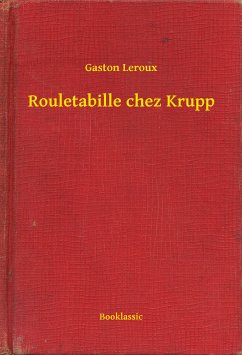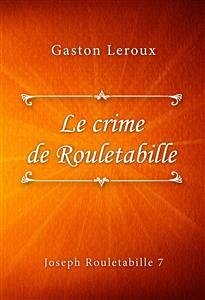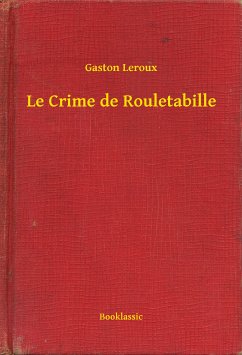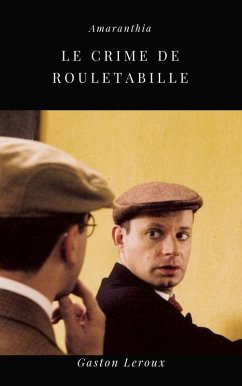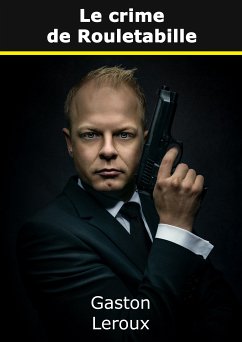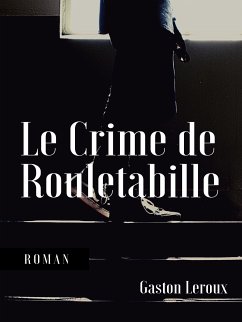
Rouletabille chez les bohémiens (eBook, ePUB)
Versandkostenfrei!
Sofort per Download lieferbar
1,99 €
inkl. MwSt.
Weitere Ausgaben:

PAYBACK Punkte
1 °P sammeln!
Les périples de Rouletabille à travers la Camargue pour retrouver son amie Odette, qui s'est fait kidnapper par les bohémiens. Une histoire pleine de rebondissements où les intrigues se chevauchent et s'entrecroisent.
Dieser Download kann aus rechtlichen Gründen nur mit Rechnungsadresse in A, B, BG, CY, CZ, D, DK, EW, E, FIN, F, GR, HR, H, IRL, I, LT, L, LR, M, NL, PL, P, R, S, SLO, SK ausgeliefert werden.






